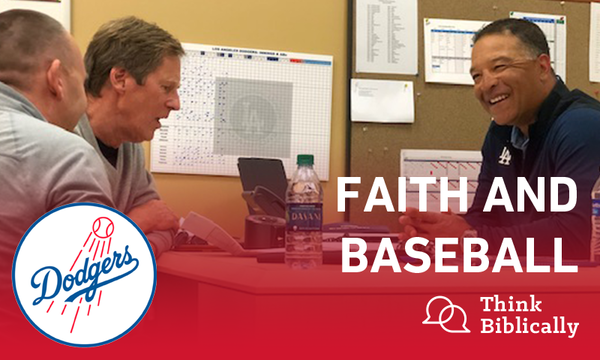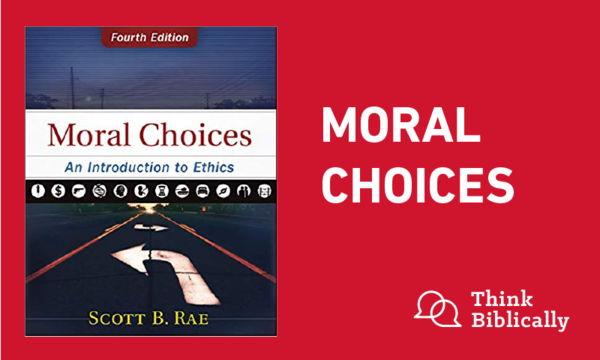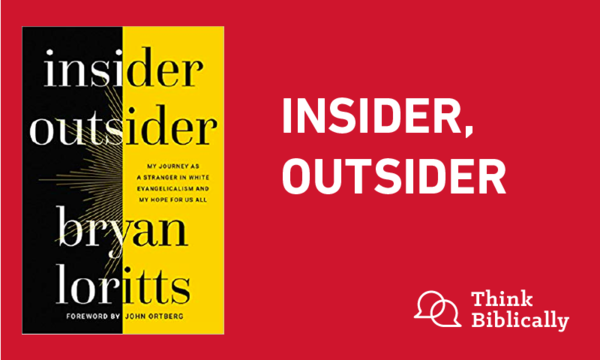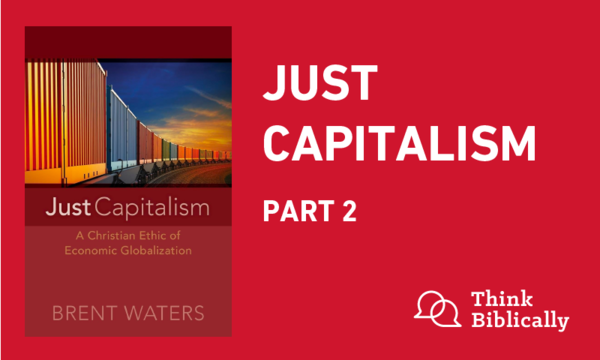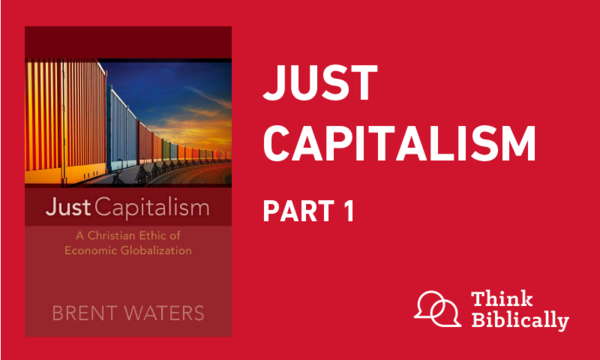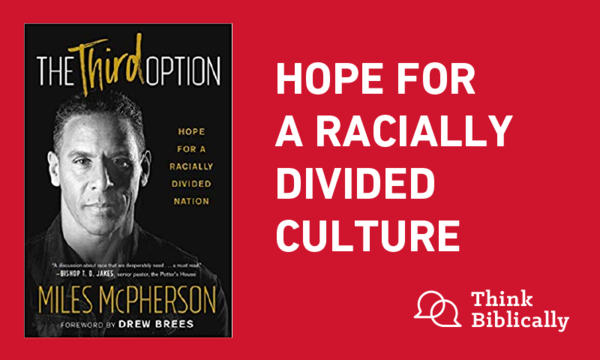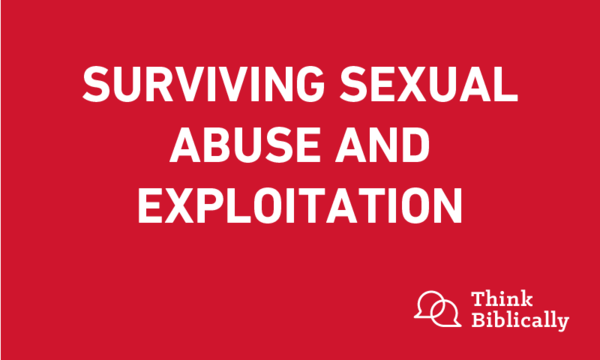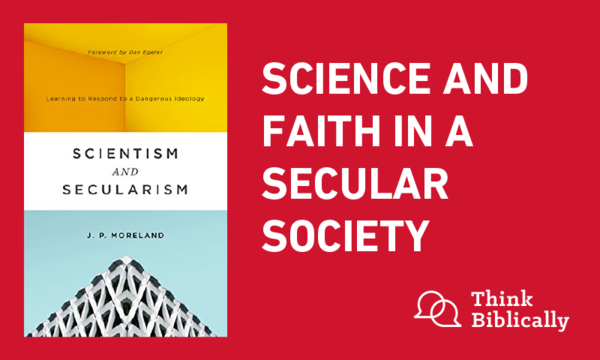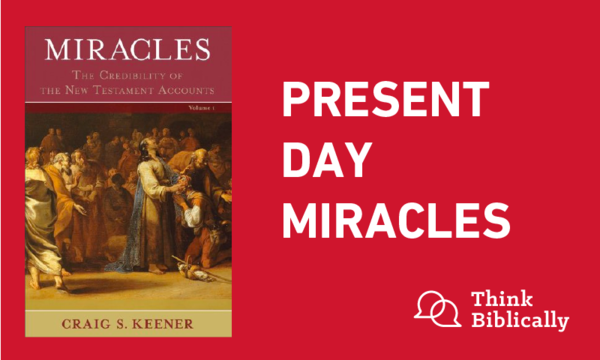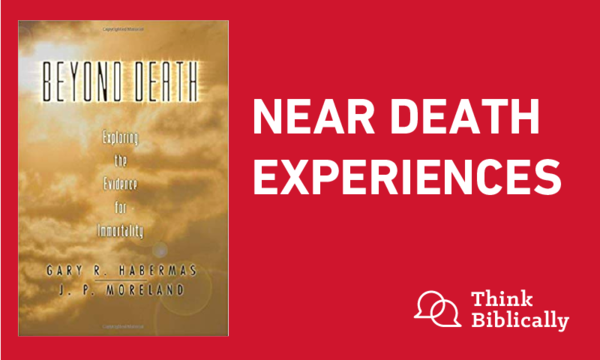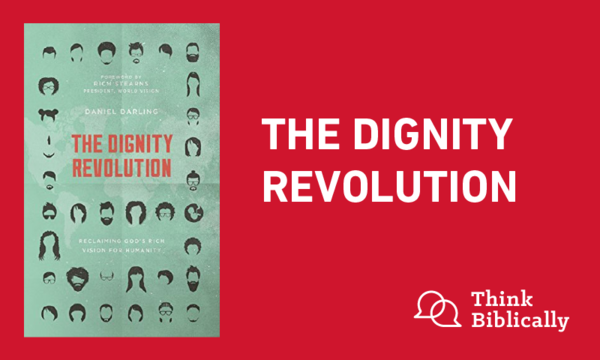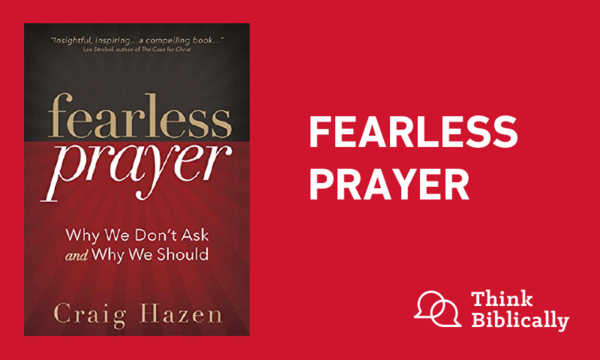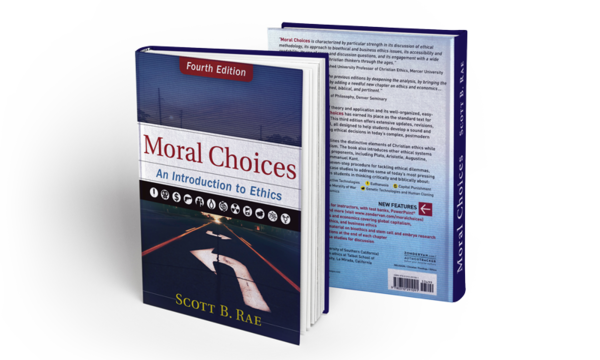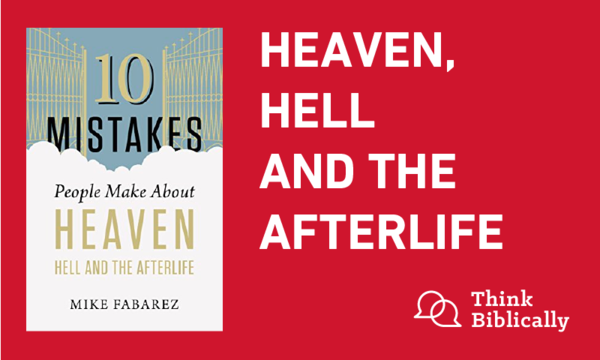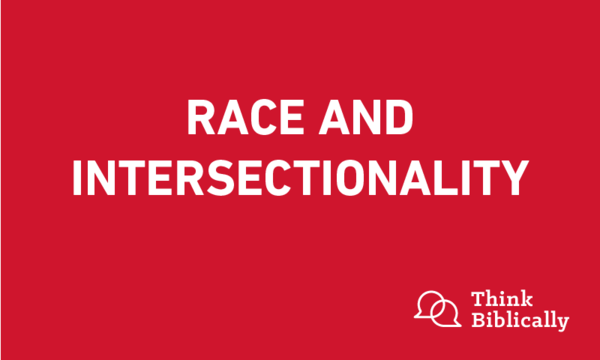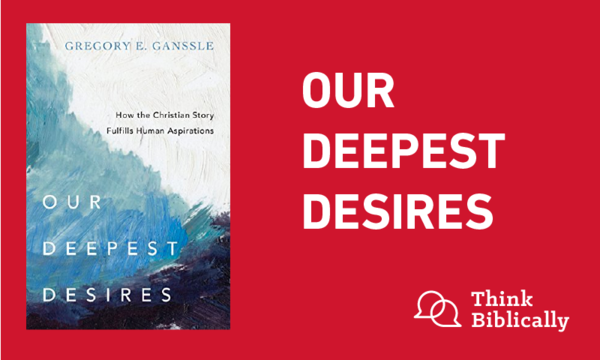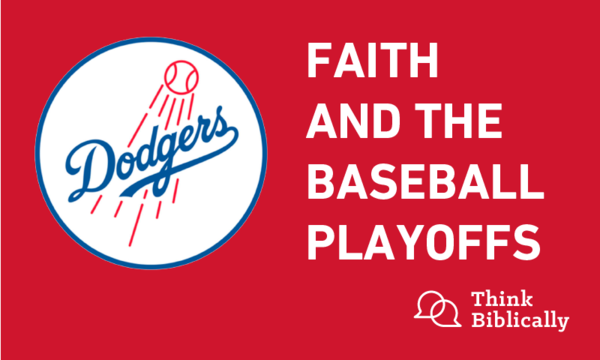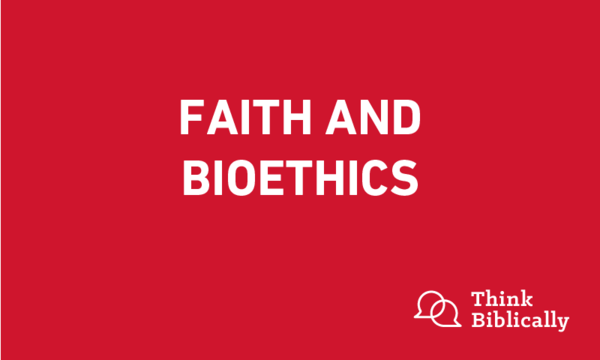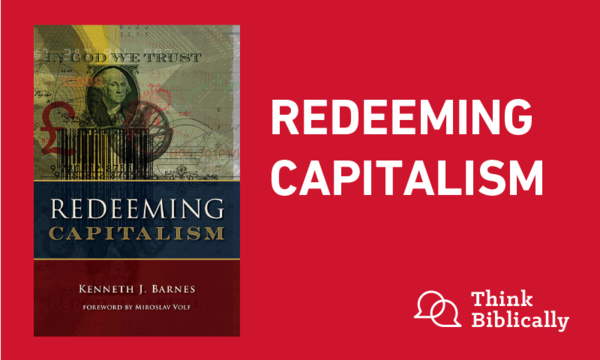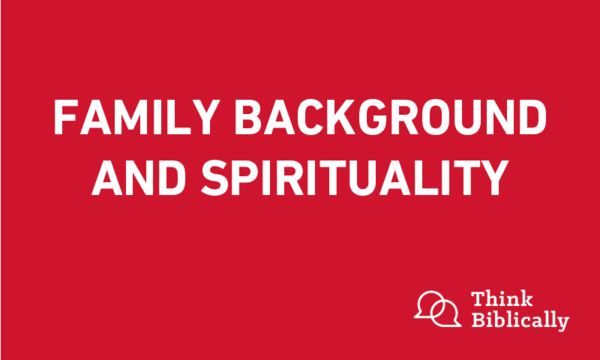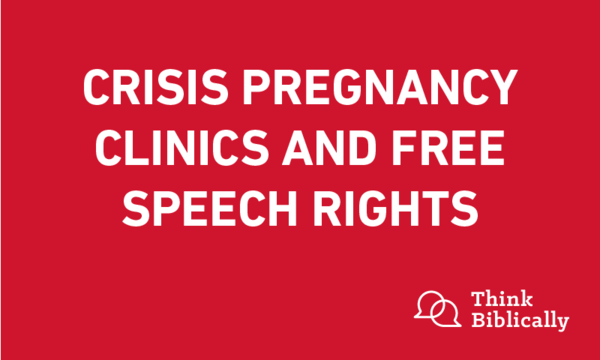Posts by Scott Rae
Bonus Podcast: Unplanned
with Robia Scott
Faith and Baseball
with Los Angeles Dodgers Manager Dave Roberts
Moral Choices
with Scott Rae
Insider, Outsider
with Bryan Loritts
Just Capitalism, Part 2
with Brent Waters
Just Capitalism, Part 1
with Brent Waters
From Islam to Christianity
with Florenc Mene
Hope for a Racially Divided Culture
Miles McPherson
Surviving Sexual Abuse and Exploitation
with Lisa Michelle
Science and Faith in a Secular Society
with J.P. Moreland
Present Day Miracles
with Craig Keener
Near Death Experiences
with Gary Habermas
The Dignity Revolution
with Daniel Darling
Walking with Loved Ones at the End of Life
with Doug Groothuis
Fearless Prayer
with Craig Hazen
Book Excerpt: Work & Calling in the Bible
Excerpt adapted from ‘Moral Choices: An Introduction to Ethics,’ by Scott B. Rae
Heaven, Hell and the Afterlife
with Mike Fabarez
Race and Intersectionality
with Elizabeth Corey
Our Deepest Desires
with Greg Ganssle
Last Call for Liberty??
with Os Guinness
Faith and the Baseball Playoffs
with Brandon Cash
Faith and Bioethics
with Paige Cunningham
Redeeming Capitalism
with Ken Barnes
Family Background and Spirituality
with Judy TenElshof
 Biola University
Biola University

